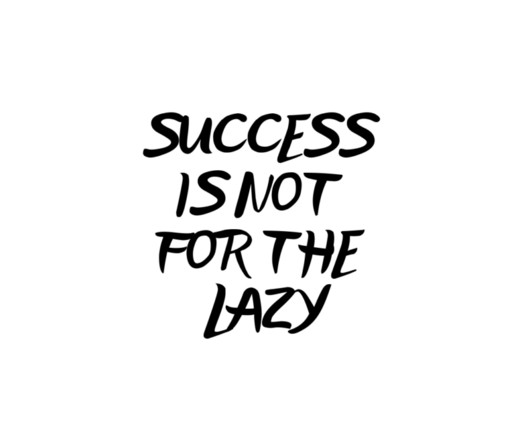You Asked, Case manager vs Social Worker – Surprising Difference?
Social Work Haven
MAY 31, 2023
You Asked, Case manager vs Social Worker – What is the Difference? – Social workers and case managers are both integral parts of the healthcare industry. Their aim is to enhance the well-being and quality of life of people by providing support, resources, and advocacy. Who is a case manager?













Let's personalize your content